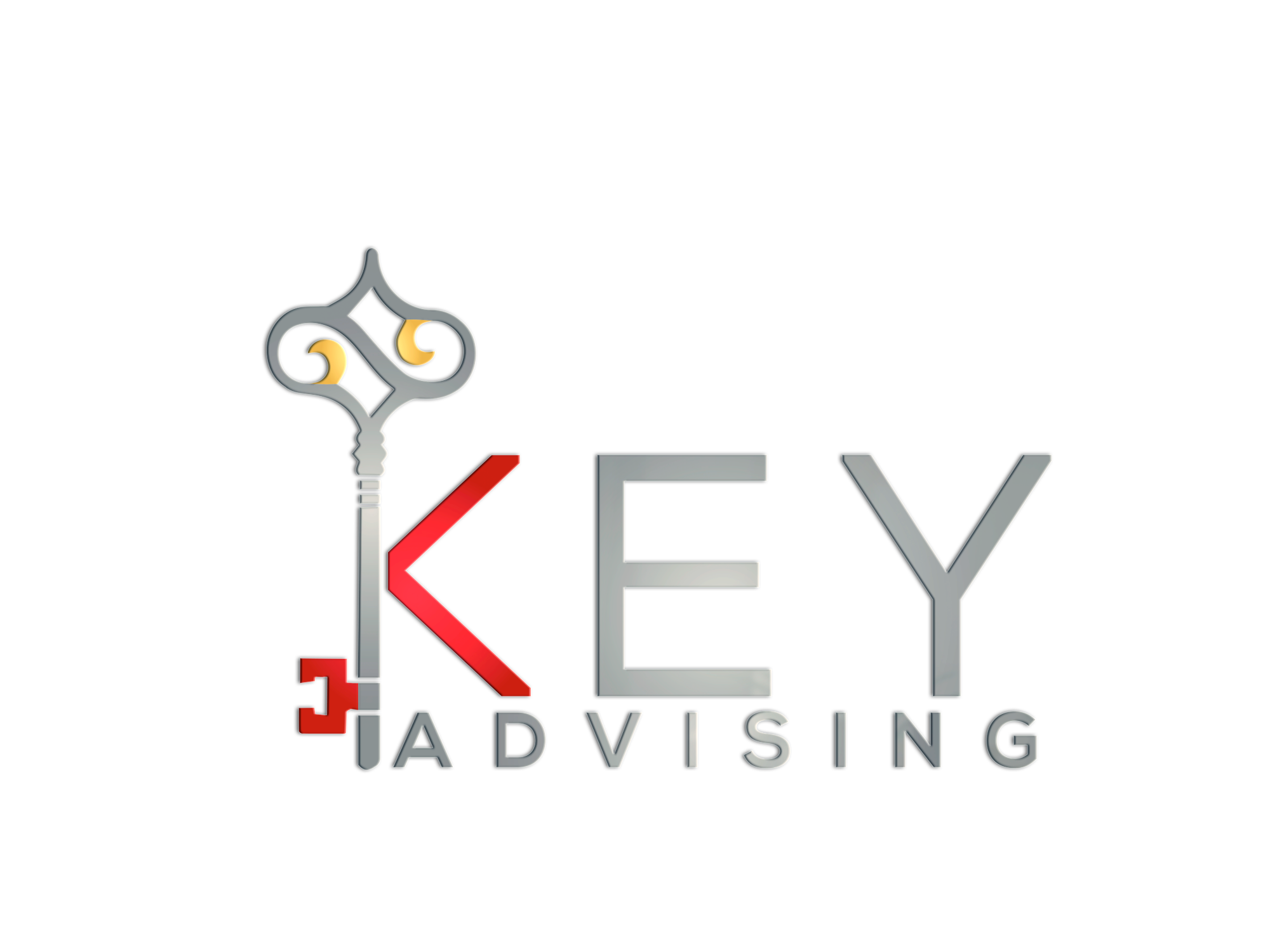Selecting the right payroll service can feel like navigating a maze. With so many options out there, how do you find the best fit for your business? This guide will help you understand what to look for and why choosing the right payroll provider is essential.
Outline
- Why Choosing the Right Payroll Service Matters
- What to Consider When Choosing a Payroll Service
- How to Choose a Payroll Provider for Your Small Business
- What is Online Payroll and How Does It Work?
- The Benefits of Using Payroll Software
- Full-Service Payroll vs. Basic Payroll Services
- Questions to Ask Potential Payroll Providers
- How Payroll Software Integration Can Benefit Your Business
- Managing Payroll Taxes: What You Need to Know
- How to Transition to a New Payroll Service Provider
Why Choosing the Right Payroll Service Matters
Selecting the right payroll service is crucial for your business’s efficiency and compliance. A good payroll provider ensures timely and accurate payments, freeing you from the headache of payroll taxes and regulations. This is especially important for small businesses, where every detail counts. A reliable payroll service provider can streamline your payroll process, giving you peace of mind.
What to Consider When Choosing a Payroll Service
Choosing a payroll service involves more than just picking the first one you find. There are several factors to consider:
- Cost: The cost of payroll services varies widely. It’s essential to understand what’s included in the price and whether there are any hidden fees.
- Features: Look for features that are important for your business, such as direct deposit, tax filing, and employee access to payroll data.
- Ease of Use: The payroll software should be user-friendly. If it’s simple enough, it can lead to errors and wasted time.
How to Choose a Payroll Provider for Your Small Business
When deciding on a payroll provider, keep these points in mind:
- Reputation: Research the provider’s reputation. Look at customer reviews and ask for references.
- Customer Support: Good customer support is crucial. Make sure the provider offers support when you need it.
- Compliance: The provider should help you stay compliant with federal and state payroll laws.
What is Online Payroll and How Does It Work?
Online payroll services handle payroll processing via the Internet. This allows you to run payroll from anywhere, provided you have internet access. These services often offer additional features like tax filing and direct deposit, making the payroll process seamless and efficient. Online payroll services can be especially beneficial for small business owners who need flexibility.
The Benefits of Using Payroll Software
Payroll software can streamline the payroll process, saving you time and reducing errors. Key benefits include:
- Automation: Automates repetitive tasks like calculating payroll and tax deductions.
- Accuracy: Reduces the risk of errors, ensuring employees are paid correctly and on time.
- Compliance: Keeps you compliant with the latest tax laws and regulations.
Full-Service Payroll vs. Basic Payroll Services
Full-service payroll providers handle all aspects of payroll, including tax filing, direct deposit, and compliance with federal and state regulations. Basic payroll services might only handle pay calculations and paycheck distribution. Your choice depends on how much you want to handle yourself versus outsourcing to a provider.
Questions to Ask Potential Payroll Providers
When evaluating payroll providers, ask these questions:
- What services are included?: Understand exactly what you’re paying for.
- How do you handle tax filings?: Ensure they manage federal and state payroll taxes on your behalf.
- What security measures are in place?: Payroll involves sensitive information, so security is critical.
How Payroll Software Integration Can Benefit Your Business
Integration with accounting software can significantly benefit your business. It ensures that payroll data flows seamlessly into your financial records, reducing the risk of errors and saving time on manual data entry.
Managing Payroll Taxes: What You Need to Know
Payroll taxes can be complex. A good payroll provider will handle payroll taxes on your behalf, ensuring timely payments and compliance with federal and state laws. This not only saves you time but also helps avoid costly penalties.
How to Transition to a New Payroll Service Provider
Switching payroll providers can be daunting, but it doesn’t have to be. Here’s a simple process to follow:
- Evaluate Your Needs: Assess what you need from a payroll service.
- Research Providers: Look for providers that meet your requirements.
- Plan the Transition: Coordinate with your new provider to ensure a smooth transition, including transferring payroll data and setting up the new system.
Summary
Choosing the right payroll service is vital for your business. Here are the key takeaways:
- Evaluate Costs and Features: Understand what you’re getting for your money.
- Check Reputation and Support: Choose a provider with a good track record and reliable customer support.
- Consider Compliance: Ensure the provider helps you stay compliant with payroll laws.
- Ask the Right Questions: Know what to ask potential providers.
- Utilize Integration: Look for payroll software that integrates with your accounting system.
- Manage Payroll Taxes: Ensure your provider handles tax filings to avoid penalties.
- Plan Your Transition: If switching providers, plan carefully to avoid disruptions.
For more detailed advice on choosing a payroll provider, check out KeyAdvising. We offer comprehensive guides and support to help you make the best decision for your business.



